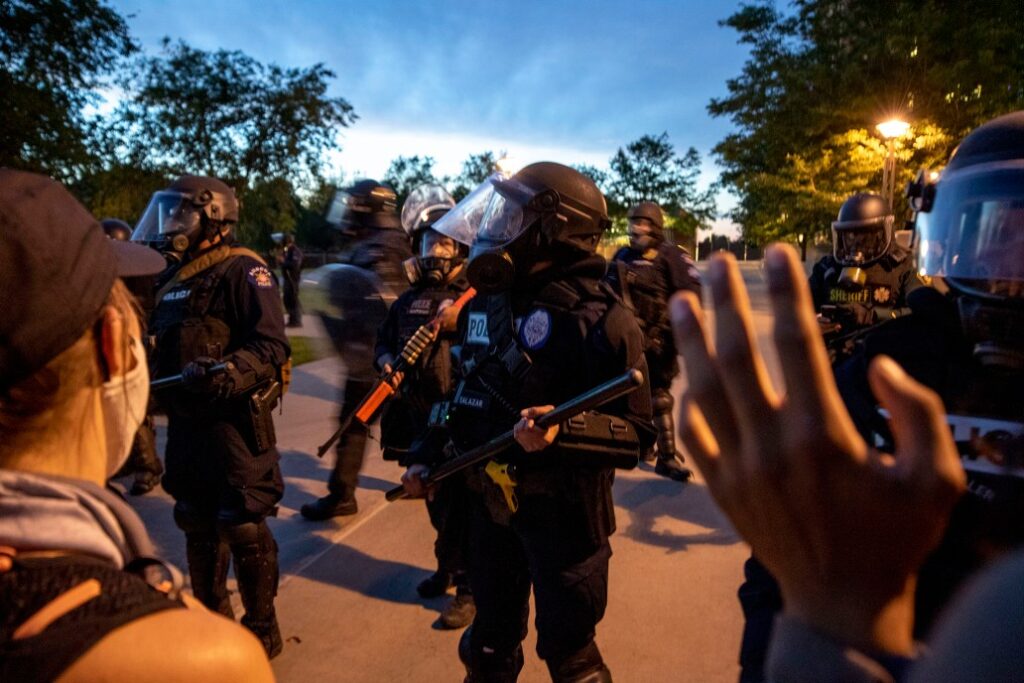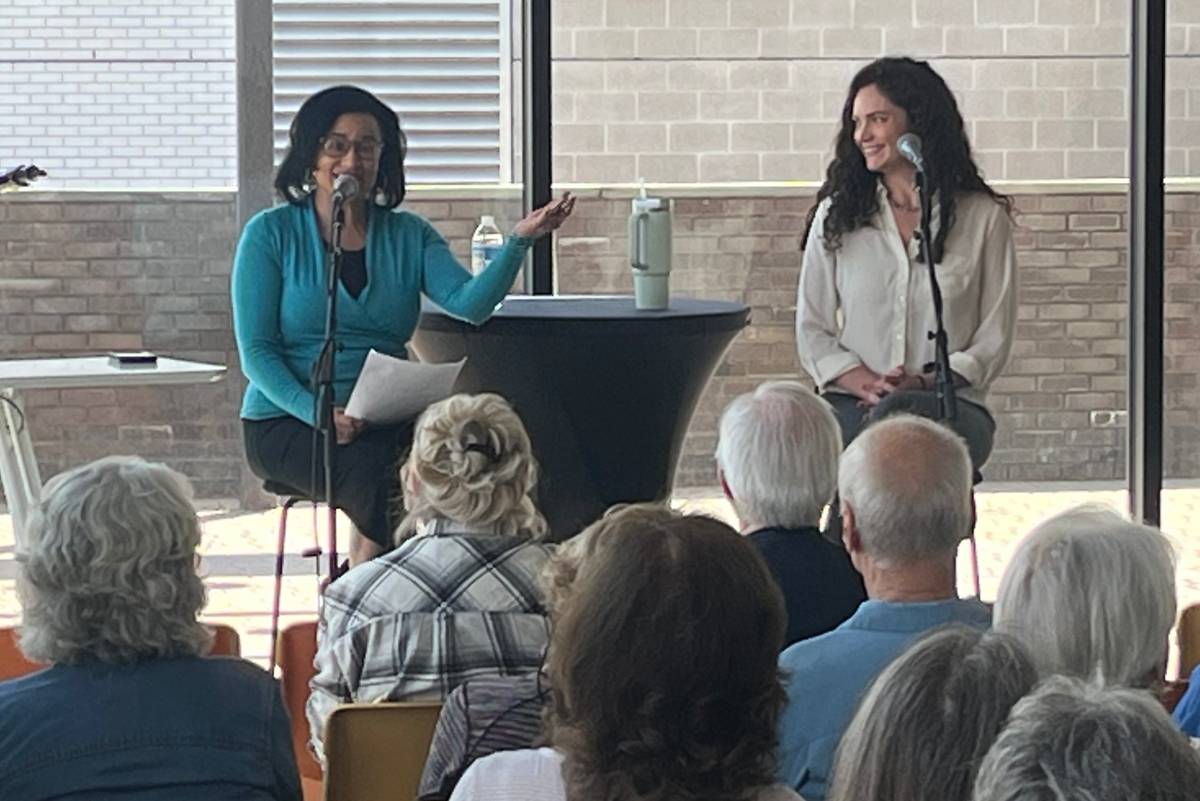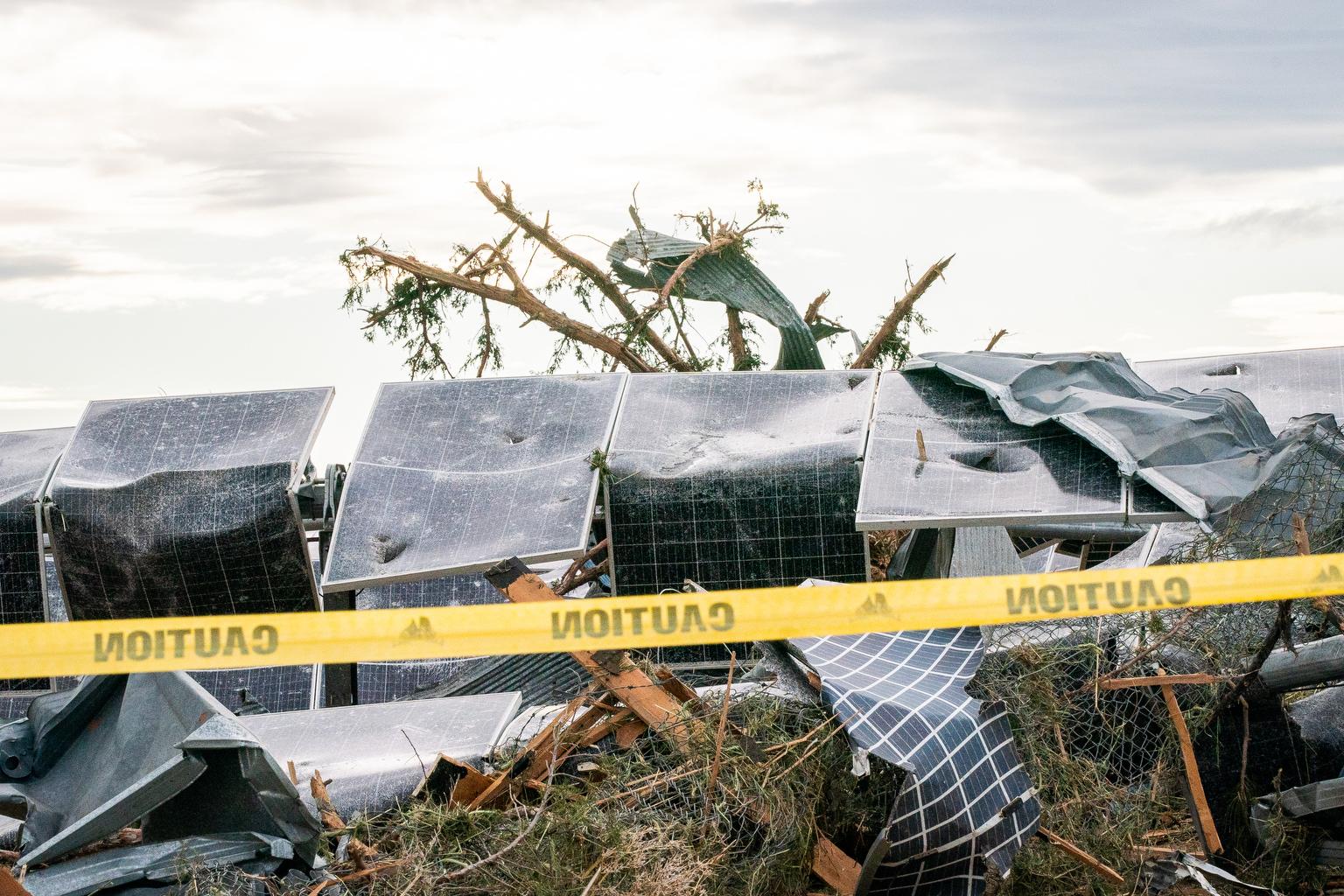
When it comes to climate, the news isn’t good. The first nine months of 2015 marked the warmest period on record across the world's land and ocean surfaces, according to the National Oceanic and Atmospheric Administration. In 2015, scientists also warned that the oceanfront glaciers in the Amundsen Sea region of West Antarctica may have reached a point of “unstoppable” retreat and in early November, new research suggested that the destabilization of the Amundsen Sea’s glaciers could undermine the entirety of West Antarctica—a region that contains enough ice to raise global sea levels substantially.
Is this cause for doom and gloom? Three Boulder climate scientists, who spoke with Colorado Matters host Ryan Warner, certainly don’t seem to believe so. Balaji Rajagopalan from the Cooperative Institute for Research in Environmental Sciences researches how a changing climate impacts water resources; Jim White, the Director of the Institute of Arctic and Alpine Research has studied climate change in the Arctic, and Paty Romero Lankao, from the National Center for Atmospheric Research looks at the interactions between urban development and environmental changes. Audio from this conversation will be available after noon on Monday.
How they manage to remain optimistic:
Jim White: "I am optimistic because I think that human beings are very capable of solving problems and that we are fundamentally good. We have got to deal with wealth inequity, we have to deal with gender bias, we have to deal with the fact that we don't look down the road and value our kids as much as we should. These are things that will help us grow as a species. Sustainability is interesting because it forces us to become better people and that makes me smile."
Patricia Romero Lankao: "I see hope in different sources of change that we need to take advantage of. One, disasters are triggers of change, moving towards having the right institutions. Then, many young people are rallying for building resilience and reducing energy consumption. When one of my two girls was little she told me that she didn't want to have kids because the world was crazy but now I see her almost grown up engaging in finding solutions. I am all for it.
"Still, the issue is really very serious and we need to treat it as such. We have a closing window of opportunity but I think we have everything to take advantage of it. We can kill two birds with one stone, the climate change stone. We can address issues of equity, of governance, of justice and at the same time address climate change issues. Climate change, in short, offers a lot of opportunity for reform and we have everything to take advantage of it."
Balaji Rajagopalan: "I am also very optimistic—you have to be optimistic if you do science. I am also a professor in the Department of Civil, Environmental, and Architectural Engineering and we have programs on sustainable development. One thing that gives me a lot of hope is the younger generation, the students that come to our programs. They are already tuned into sustainability and the biggest draw into our program is the sustainable development aspect. How can you not be optimistic?
"Also, I want to point out is the growth of the renewable energy in the U.S. A few years ago it would have been almost unthinkable but you can see that renewable energy production has gone up significantly. Those things point in the right direction, but I also agree that in the light of everything else that is going on, it can seem hopeless. Now is a good time to be alive with all the technology and the knowledge explosion. We will figure things out.
"The untapped potential here is a well-informed public. As scientists we just need to keep at it in terms of educating the public. We can be good messengers. I want to close on a quote I heard on Colorado Public Radio, which is "Don't overestimate the public's awareness and don't underestimate the publics wisdom." If you can tap into that wisdom and build on that, I think that is going to be much more robust than anything the politicians can bring to us."








